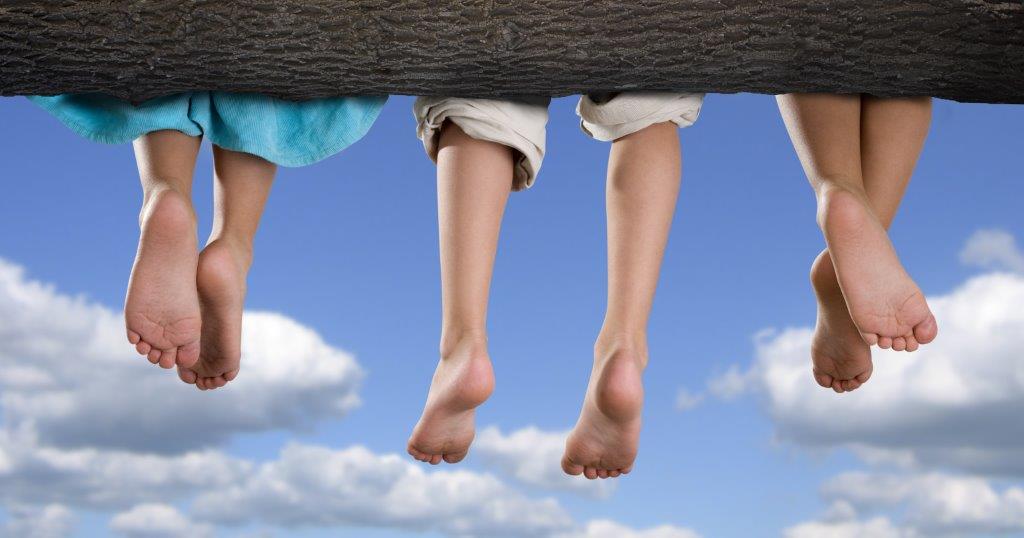
After a school year that saw students spend hours in front of screens and little time playing outdoors, a shift appears to be happening this summer break. With many parents continuing to work from home, and summer camp programs closed or limited in capacity, children are suddenly experiencing the freedom to roam on their own.
In a recent article for the CBC, journalist Pamela Fieber calls it the Summer of Free-Range Kids. Parents are ‘loosening their leash’ on their kids, allowing them to explore their communities. Neighbours are also getting to know each other, where this sense of community, Dr. Guy Faulkner, Professor of Kinesiology at the University of British Columbia points out in the article, is an important part of the process in letting kids roam free.
A similar trend appears to be taking shape elsewhere around the world. In an article for the New York Times, journalist Christina Caron documents the shift towards unsupervised play among families across the United States and Norway. Former self-described helicopter parents are letting their children explore their own boundaries and realize that scrapes and bruises are OK. Dr. Ellen Sandseter, an early childhood researcher and professor at Queen Maud University College in Norway, notes that this movement towards risky play is important for children to ‘conquer fears, develop confidence, and reduce anxiety’. Perhaps something adults could benefit from too.

